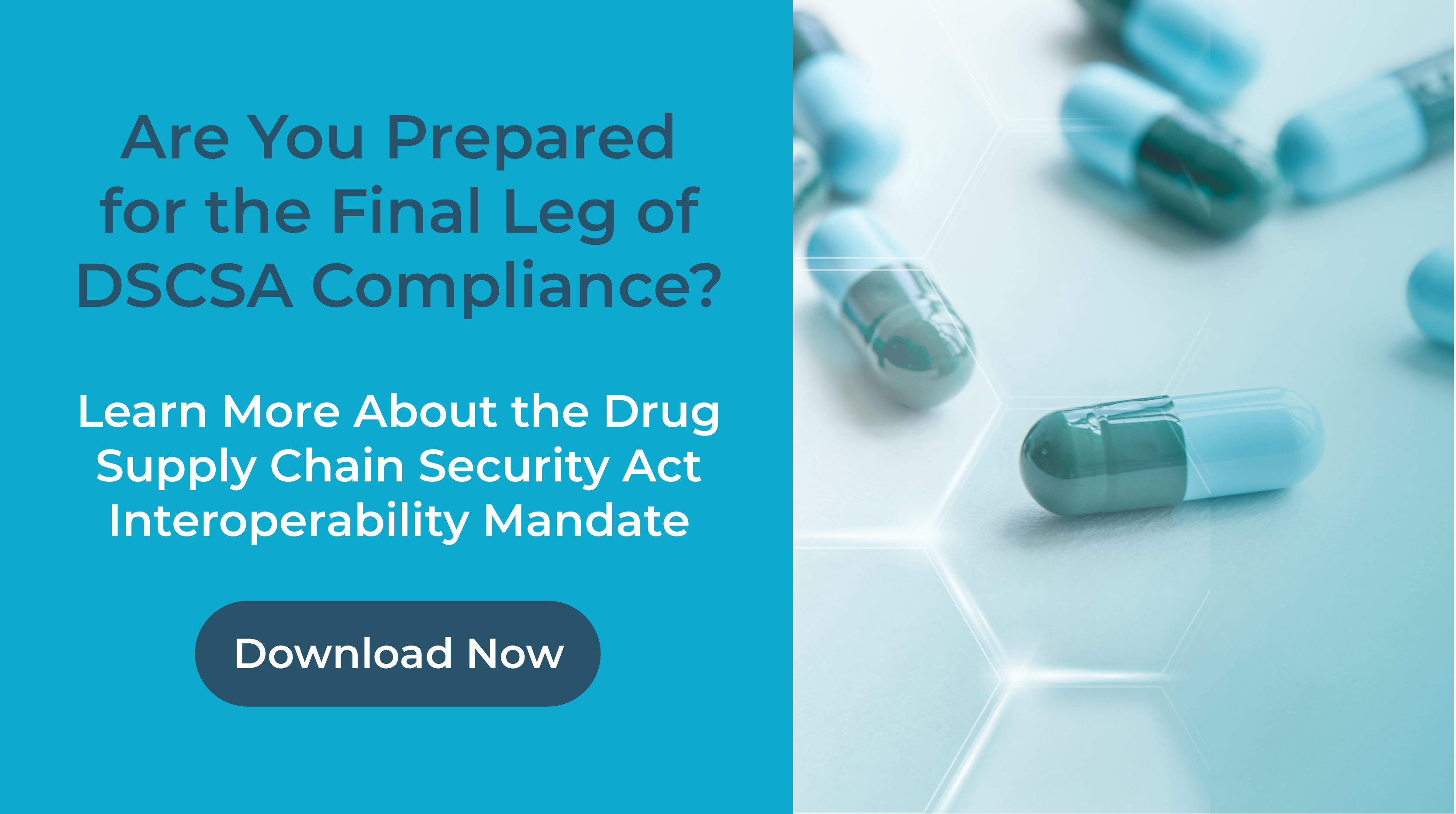What to Look for in a Medication Adherence Program
By Terrence O'Neill | Posted on November 28, 2023

When patients fail to take their medications, there can be serious but avoidable consequences. Poor medication adherence results in therapeutic failures, increased healthcare costs, and puts patients at life-threatening risks. Medication nonadherence is common, especially with patients managing chronic diseases affecting between 40% to 50% with conditions such as diabetes or hypertension.
Solutions are now available to address this critical issue. Medication adherence packaging has evolved into end-to-end turnkey healthcare programs. Choosing the right medication adherence program is essential for manufacturers, wholesalers, and pharmacies to experience all the financial benefits of improving patient wellbeing as well as the payer benefits of improved outcomes reducing overall healthcare costs.
So, before investing in a program, be sure to weigh the various capabilities of each offering. Below are six factors to consider.
Medication Adherence Packaging
The most straightforward and tangible option for patient medication adherence is packaging prescription drugs in sealed calendarized adherence tamper-evident blister-sealed packages. This packaging method requires patients to push sealed tablets or capsules through the foil to access the drug. Calendarized adherence blister packaging has day codes that reminds and confirms whether individuals have taken their medications, thus improving adherence. This heightens the patient’s awareness about their own compliance and leads to better informed, knowledge-based decision-making during engagement opportunities with their providers, pharmacists, and other stakeholders.
Dispensing Choice
A vital aspect of a medication adherence program success is aligning people, processes, data, and technology to dispense medications in accordance with patient preferences. In August 2023, Covectra commissioned Wiser Solutions to conduct a nationwide consumer insights survey that determined patients overwhelmingly preferred calendarized adherence packages over bottles; however, based on our experience we know it is not a perfect fit for everyone. While producing a billion of these packages, a minority of patients who tended to take more than five medications and utilized pill organizers found bottles more convenient. Program success hinges on patients understanding why their provider is recommending adherence packaging and that they receive what they ordered as quickly, reliably, and with the least amount of friction.
A Sustainable Solution
Today, consumers expect the products that they use to be packaged with sustainable materials. Traditional medication bottles often contain materials that prevent recycling and end up in landfills. Medication adherence packaging has blister-packs that contain a fraction of amount of disposable plastic compared to bottles and cartons made of paperboard that are 100% recyclable and biodegradable. The Wiser Solutions insights survey also revealed that 85% of the respondents indicated that the sustainability of the medication adherence package was important to them.
Business Analytics
Before investing in a medication adherence program, confirm it has advanced capabilities that can be integrated into broader business strategies and generate data for enhanced analytics. This allows you to have up-to-date information on which products are being sold, where, and when. It bridges the physical and digital divide and is the foundation for fact-based decision making and gateways to digital solutions can improve patient convenience and offer opportunities to further build trust and loyalty.
Integration Across Operations
When considering a medication adherence program, look for solutions that seamlessly integrate with central fill operations as well as across other dispensing channels. End-to-end integration will ensure financial and human resources are not wasted through alignment and ultimately lead to cost-effective patient experiences.
DSCSA Compliance
The deadline for compliance with the Drug Supply Chain Security Act (DSCSA) is rapidly approaching. Be sure that any medication adherence packaging program that you consider is DSCSA compliant and utilizes serialization software that provides full product visibility through the supply chain.
Improves Supply Chain Efficiencies
Seek a medication adherence program solution that delivers supply chain efficiencies. With a program that has calendarized adherence tamper-evident blister-sealed packages, pills are packaged in flat carton packages that are easy to manage and less expensive to ship. Once delivered to the pharmacy, medication adherence packaging requires fewer dispensing tasks, thus freeing up time for pharmacists to enrich relationships with customers and offer other value-added healthcare services.
A well-planned medication adherence program can reduce operational costs, increase sales, enhance customer retention, and improve overall patient wellness. Doing your due diligence and thinking comprehensively will ensure you maximize all the benefits of this type of innovative patient-centered program.

